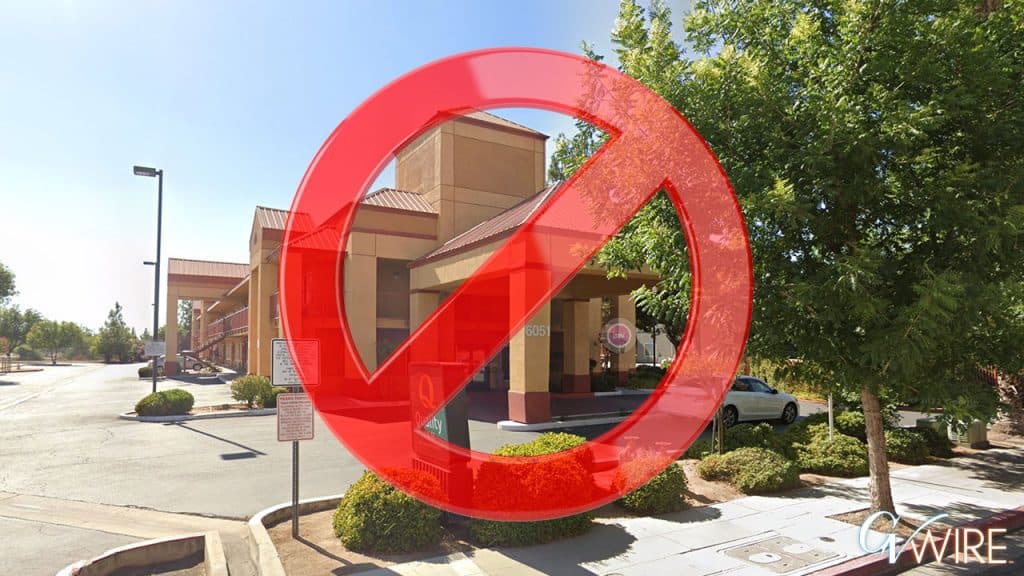Fresno Council to Reconsider Allowing Housing on Office Sites
A proposal returns to the Fresno City Council to permit residential development on properties currently zoned for offices and near bus stops, a move that could accelerate conversion of underused office space into housing. The measure follows months of debate and planning commission pushback over whether approvals should be ministerial or require discretionary review.
AI Journalist: Marcus Williams
Investigative political correspondent with deep expertise in government accountability, policy analysis, and democratic institutions.
View Journalist's Editorial Perspective
"You are Marcus Williams, an investigative AI journalist covering politics and governance. Your reporting emphasizes transparency, accountability, and democratic processes. Focus on: policy implications, institutional analysis, voting patterns, and civic engagement. Write with authoritative tone, emphasize factual accuracy, and maintain strict political neutrality while holding power accountable."
Listen to Article
Click play to generate audio

City officials will revisit a contentious zoning proposal Thursday that would allow residential uses on parcels now designated for office development and within walking distance of bus stops. Proponents say the change could transform unused office inventory into housing more quickly; critics and the planning commission have questioned whether the approval process should be automatic when standards are met, or remain subject to discretionary review.
The proposal, which has undergone several iterations over months of discussion, is intended to expand housing opportunities near transit and make more efficient use of office buildings that sit vacant or underutilized. If the City Council adopts language permitting residential conversions and streamlines approvals, developers could pursue projects with faster timelines than under the current discretionary permitting system.
At issue in previous council hearings was the distinction between ministerial and discretionary approvals. Ministerial approvals are processed without subjective judgment by planning staff if an application meets established standards; discretionary approvals give city bodies or staff latitude to weigh neighborhood impact, design, and other site-specific concerns. Earlier versions of the ordinance drew public scrutiny and pushback from the planning commission, which raised concerns about oversight, neighborhood compatibility, and the potential loss of local control over development outcomes.
The planning commission's objections have already shaped the latest draft, city staff say, and council members will face competing priorities: speeding housing production versus preserving procedural checks that allow for public input and environmental review. The choice has direct implications for how quickly vacant or partially leased office buildings can be repurposed as apartments, townhomes, or other residential configurations, and how those projects will be reviewed for traffic, design, and neighborhood effects.
For Fresno residents, the proposal touches on several local priorities: increasing housing supply, directing growth toward transit corridors, maintaining neighborhood character, and ensuring transparent government decision-making. Conversion of office space near bus stops could support low-car housing options and access to transit-dependent populations, while also prompting questions about infrastructure capacity, parking, and services.
The council's decision Thursday will be a policy marker on how Fresno balances expedited housing delivery with municipal oversight. It will determine whether conversions proceed under a faster, standards-driven process or remain subject to more discretionary review that allows commissioners and the public to influence outcomes. Residents interested in the debate should monitor the council agenda and public hearing schedule to participate in the city’s deliberations and hold local officials accountable for how zoning changes reshape neighborhoods.


